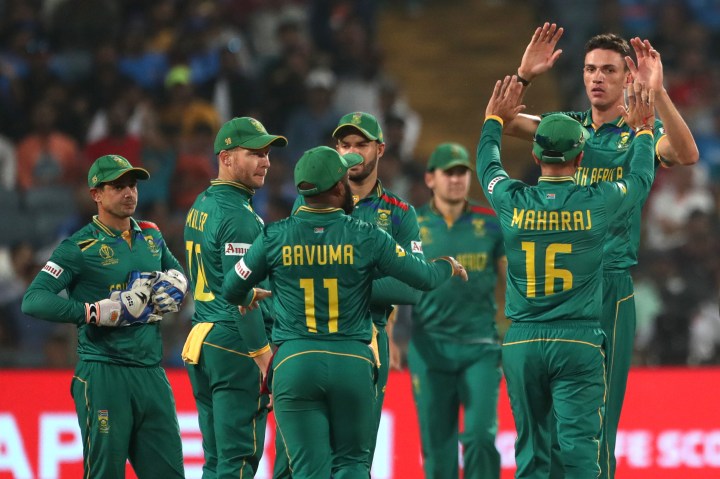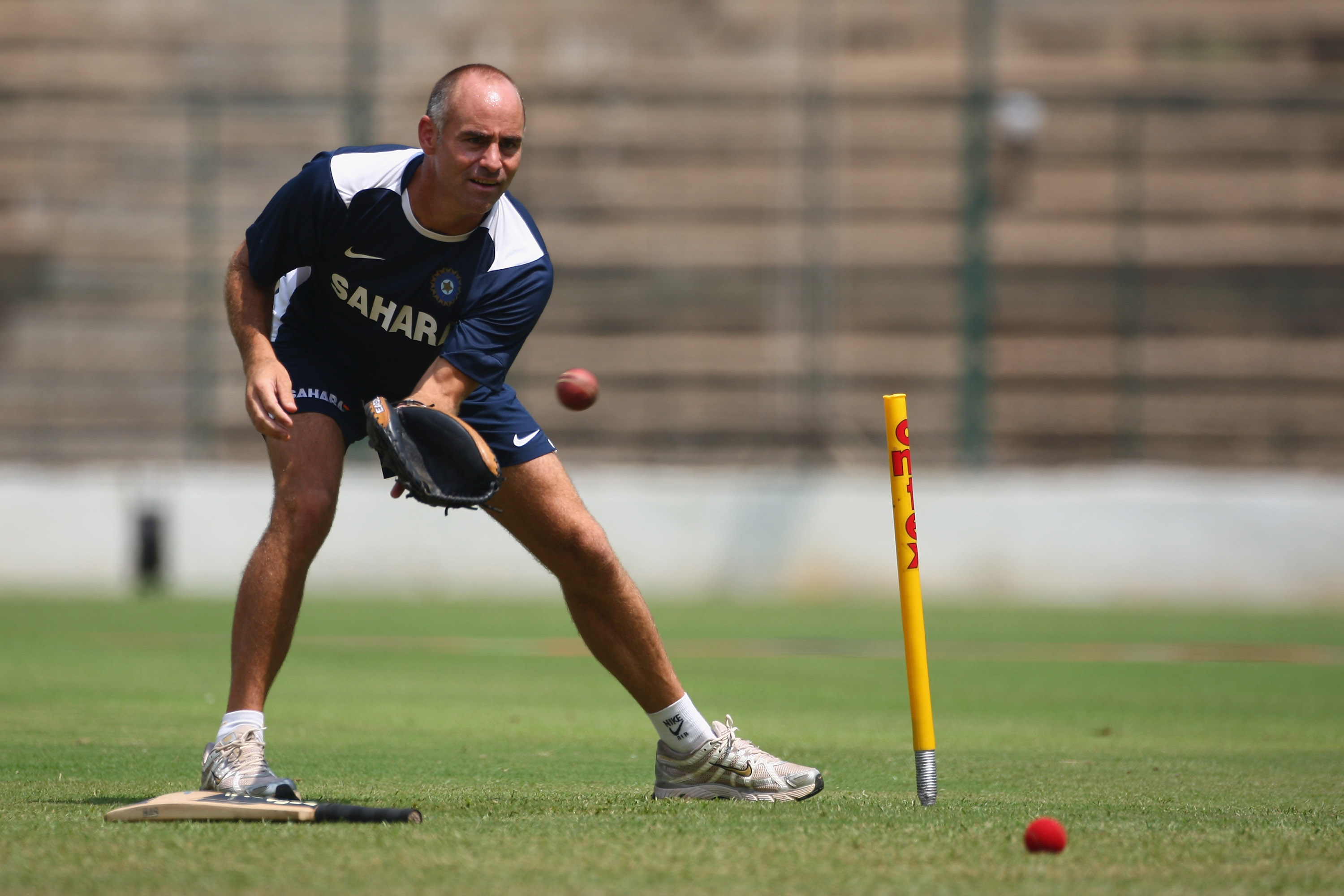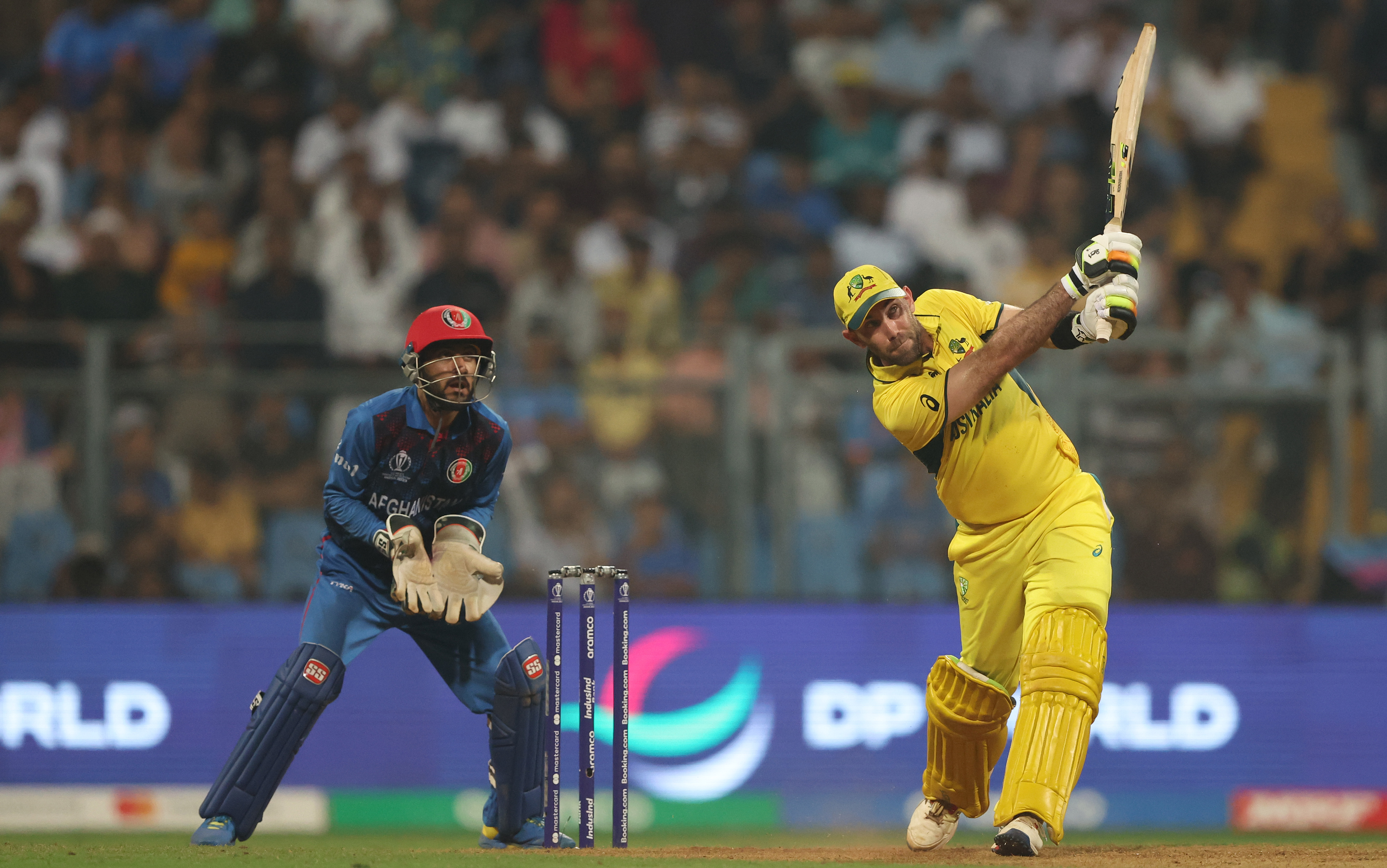CRICKET
‘Pressure is a mental construct,’ says mental coach Paddy Upton on Proteas’ struggles with the willow when chasing a score

South Africa’s next chase in the Cricket World Cup will go a long way in determining their success at the tournament. But they must first overcome the pressure of batting second and chasing a clear goal, says mental cricket coach Paddy Upton.
South Africa have exceeded expectations in the Cricket World Cup. The Proteas have qualified for the semifinals with one match to play, against Afghanistan, in the round-robin stage.
But their success has largely come from their impressive ability to bat sides out of the contest in the first innings.
England, New Zealand, Sri Lanka and Australia – the latter are South Africa’s opponents in the semifinal – each won the toss against the Proteas and elected to bowl first.
South Africa thrashed all four of the aforementioned teams. That’s not a mistake any side that faces up to South Africa will make again heading into the business end of the tournament.
For context to how good the Proteas are at batting first compared to chasing a total, they have batted first in 11 matches this year and won 10. Comparatively, they have chased in nine matches and were victorious in only four.
That includes a shock 38-run loss to Netherlands.
‘Peg in the sand’

Mental cricket coach Paddy Upton, who used to coach India. (Photo: Michael Steele/Getty Images)
Why is chasing so difficult for South Africa?
“There is a clear peg in the sand and your mind is looking at that,” experienced mental cricket coach Paddy Upton told Daily Maverick.
“With the Proteas particularly, if you look at the moments of ‘choking’ [in previous World Cups] it’s been when we’ve been chasing.
“The responsibility sits on one individual, who’s batting or on strike.
“Comparatively, when you’re defending [a total] you have 11 people who can rally together and there’s somewhere in your mind that you almost don’t have to take full responsibility in the field … It’s a shared responsibility.
“There is less pressure, unless you’re the bowler bowling the final over … that’s when pressure is significant.”
A mental construct
Upton – who along with Gary Kirsten as head coach, guided India to their first World Cup title in almost 30 years in 2011 – explained that pressure exists nowhere else but in the human mind.
“Pressure is a mental construct that we create for ourselves in our own head,” he said.
“Pressure is directly proportional to the amount of importance we place on a result.
“You can only experience pressure when your mind is dwelling on that future result.
“That gap in time is called the ‘pressure gap’ because the mind can’t deal with the future so it creates a lot of anxiety because we want something to happen, but we can’t actually make something happen.”
“The way people feel pressure in chasing … You have a very clear target at some point in the future. The more you fixate on that target and the more important that target is to achieve and your mind is on that target, that is the very nature of pressure.”
For South Africa, who have suffered several heartbreaking World Cup exits, the “pressure gap” continues to increase with every edition of the tournament they fail to win.
A record chase

In Australia’s match against Afghanistan in the Cricket World Cup on 7 November 2023, Glenn Maxwell struck an unbeaten 201 off 128 deliveries to guide his team to victory. (Photo: Robert Cianflone/ Getty Images)
On Tuesday, Australia and in particular, Glenn Maxwell pulled off one of the greatest chases in One-Day International history.
With his side on 91 for seven, chasing 293, Maxwell struck an unbeaten 201 off 128 deliveries to guide his team to victory.
It was the first ever double-century when batting second, with Maxwell barely able to stand because of cramp. But according to Upton, there was very little pressure involved in his effort.
“If you have an easy target to chase and you have a lot of wickets in hand, then there’s not a lot of pressure,” he said. “The contrast also is true, like Maxwell.
“Winning is almost impossible from there. There isn’t a real fear of failure or the pressure to succeed because most people have already written you off, so actually the pressure decreases.
“When the target is challenging like 8 an over for 10 overs then you have to bat exceptionally well and there is a chance that if you do really well that you can take the team over the line … the very nature of that situation puts pressure.
“Maxwell didn’t have any pressure … the pressure would only have happened towards the end when it became realistic that the target was within reach.”
Emulating a great
India’s Virat Kohli, in contrast with Maxwell’s situation, has executed the “challenging” chase on numerous occasions for his country.
During successful run-chases in ODIs, Kohli has scored 5,786 runs at an average of 90.4 in 102 matches, with 23 centuries and 25 fifties in 96 innings. Those numbers are beyond belief.
Comparatively, the Proteas have no elite chaser in their ranks and will need an 11-player effort with the bat in a crunch match if they lose the toss and eventually are inserted to bowl first. DM




















 Become an Insider
Become an Insider
Bring the trophy home boys.
All very well to define what pressure is but what do you do about it? We have a record of falling at the pressure moments in big cricket matches. What does a “mental coach” do to overcome this?
Hopefully Paddy is teaching the guys to reframe chasing from “achieving a future target” to “Setting up a total”. Since the failure to chase has been mostly mental – reduced performance levels due to pressure – the solution is mostly mental as well.
The master finishers MS Dhoni, and now V Kohli, showed that chasing is about getting to the last over, and transferring pressure to the bowler. SA should chase with the same mentality.